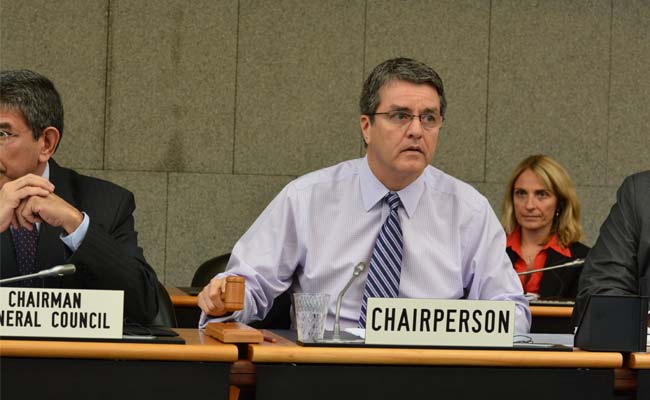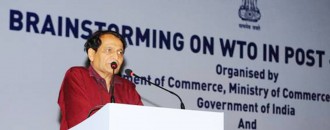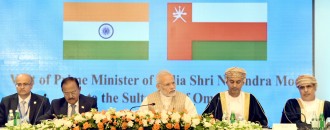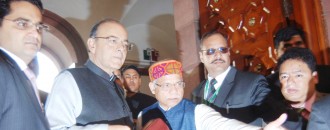
WTO work paralysed by deadlock on Bali Package: Roberto Azevêdo
The Dollar Business Bureau | @TheDollarBiz
 “There is now a growing distrust which is having a paralysing effect on our work across the board,” WTO chief said in the formal meeting of the Trade Negotiations Committee on October 16, 2014 (Pic. source - WTO)
“There is now a growing distrust which is having a paralysing effect on our work across the board,” WTO chief said in the formal meeting of the Trade Negotiations Committee on October 16, 2014 (Pic. source - WTO)Roberto Azevêdo, Director-General, World Trade Organisation (WTO), has said that while there is no link, legal or formal, between the Trade Facilitation Agreement (TFA) and public food stockholding limits, an important political linkage has been made. This raises questions about WTO’s effectiveness in trade negotiations, he said. WTO members had agreed to adopt TFA by July 31, 2014, but it hasn’t happened so far mainly due to India’s reluctance. Despite consultations held by WTO and other members, India has stuck to its stand that a permanent solution on food programmes be found before TFA is adopted. In his recent visit to USA, India’s Prime Minister Narendra Modi had said that both TFA and food security are important and both the problems must be resolved simultaneously. He had said, “India supports trade facilitation. However, I also expect that we are able to find a solution that takes care of our concern on food security. I believe that it should be possible to do that soon.” However, several countries including Canada, Australia and some Least Developed Countries (LDCs) are against the linking of TFA with food security concerns leading to a deadlock. Speaking at the 35th formal meeting of the Trade Negotiations Committee (TNC), Azevêdo said, “Bali impasse is paralysing WTO work, and there is no progress despite intensive consultations…and a detailed work programme for the Doha Round is now very unlikely by the end of the year.” “This could be the most serious situation that this organisation has ever faced,” he added. Azevêdo has urged members to work towards a solution to the current impasse, but has stressed that they should also think about the other eight Bali decisions, including agriculture, and the package of measures for LDCs.
This article was published on October 17, 2014.






 to success.
to success.